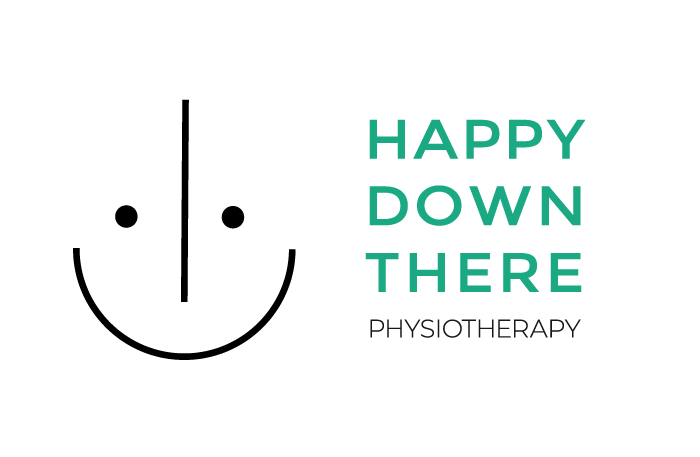My Approach to Pelvic Health Physiotherapy
I truly believe that the whole person needs to be considered when working with clients. Sure, my specialty is pelvic floor physiotherapy, but I feel for the person’s energy as soon as they walk into my clinic room:
What vibe are they giving me?
What are their emotions and beliefs related to their concerns?
I am certain some people must think I am weird, but this is how I roll.
Most clients come into my clinic room telling me their main concern is a physical one. They feel one of the following:
pressure in the pelvic region
pain during pregnancy
pain during sexual penetration
urine leaking on their underwear
the list goes on and on…
But what about the emotional experience of the client’s concerns? Isn’t that just as important? Do they feel embarrassed, annoyed, frustrated, mourning the loss of their bodily function? Do they feel fatigued and desperate by the time they reach my clinic room?
Although the health care system has advanced, I still feel like it’s stuck in a biomedical model where diagnosis terminology, testing and treatment are all focusing on fixing the physical tissue. Even the education at universities rarely considers including a psychosocial perspective on caring for a client. We need to shift our perspective and realize that as soon as the client walks into a clinic room, we see their concerns as a contextual response. We need to use all of our senses to figure out the mannerism in which the concern is described, what was happening at the time when symptoms appeared, and what’s happening now. We need to trust the client and their body. Ask them what they think is happening to them. In my opinion, clients usually know the answer and it’s more than a physical tissue problem.
By the time a client reaches my clinic room, they often have already gone to multiple different specialists for treatment - sometimes more than five other professionals. Each professional provided them with education and excellent care but my clients have rarely spoken to them about the other stressors like the emotions and beliefs in their lives: These could include:
recent divorce
anxiety over the exam period
struggle around perfectionism
past birth trauma
lack of sleep due to worry
All of these factors could potentially affect how conditions manifest themselves into the physical body. Beyond not being able to fully talk about their emotions and beliefs around their physical condition, clients are often exhausted and have lost trust in the health care system because conditions aren’t being resolved. The physical side is constantly treated, but not the whole person.
A human is not a sum of organs. They are complex organisms.
Walter Rudolf Hess, a Swiss scientist, said this and it has resonated with me. I find it impractical to treat only the physical part of my clients’ concerns. Don’t get me wrong, I am not a psychologist, but I am a psychologically-influenced health care professional. I assess the emotions and beliefs around a health condition such as fear and catastrophization, and speak regularly on treating the sensitized nervous system with both physical touch and mind-body connection.
I respect the energy of my clients and listen to their stories. Every individual and their experience is different. That is why being a healthcare professional is always a learning process. I do and will continue to treat my clients as an organism, and not just a sum of organs. By creating an inclusive space, I hope that my clients feel safe to express all emotions and beliefs around their life, which may affect their health.
Whether you are struggling with gender identity, experiencing stress being a single parent, or ruminating over troubles at work, I am here to listen. Because it matters.
